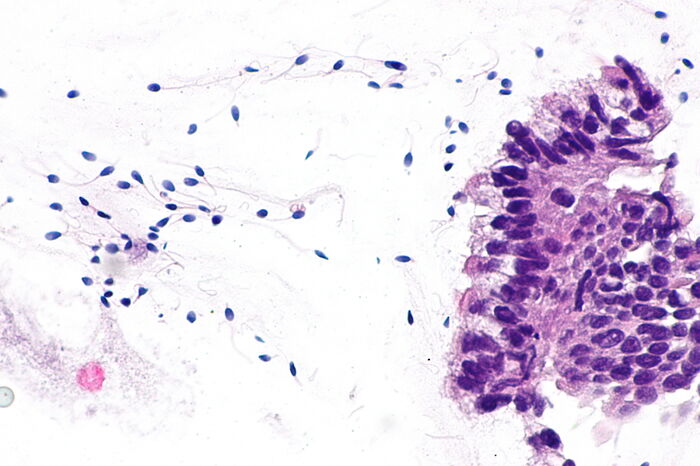The little things that run the world
Matt Hayes makes the case for insects, the wardens of our world’s ecosystems

Invertebrates are incredibly diverse. Indeed, some estimate that insects alone represent more than 50% of all named species. One might argue that this huge abundance is simply a trade-off for small size, but they also rule the world in terms of sheer biomass. Every hectare of tropical rainforest contains around 200kg of animal tissue, of which over 90% belongs to invertebrates. They act as an important food base for a huge array of animals whilst also providing essential ecosystem services such as pollination and improving soil fertility.
Despite this, they are often overlooked, as research and conservation attempts tend to focus on larger and supposedly more ‘charismatic’ vertebrate species. Unfortunately, the general public tend to view invertebrates as pests or, at best, as insignificant. It is certainly a lot easier to garner support for conserving many of our furry mammalian relatives. If we want to maintain functioning ecosystems and protect the majority animal life, this needs to change.
“It is certainly a lot easier to garner support for conserving many of our furry mammalian relatives”
A possible route to acquiring more support for invertebrates is by continuing to research flagship species such as butterflies, which have a rare quality among insects in that they are generally seen in a positive light. Through a trickle-down effect, continued work to conserve such species may lead to less ‘attractive’ but equally important invertebrates receiving more support in the future. However, even if work remains focused on flagship species, wider communities of invertebrates and even other distantly related taxa can still benefit. For example, a complex life history causes many butterflies to require a range of resources, with adults, larvae and pupae often having a different set of specific requirements. A reliance on so many habitat features means that even a small environmental change can have a large effect on butterfly populations, and as a result butterflies are commonly used as biological indicators for habitat deterioration. Falling butterfly numbers may signal a worsening state of the natural environment as a whole, affecting a wide variety of organisms.
In order to combat and mitigate the effects of these changes we must first understand the cause of butterfly declines. In this way research helping to direct best conservation management for flagship invertebrates will also safeguard against drastic environmental changes on our nature reserves. This will protect entire communities of plants and animals and help us to build a buffer against the future effects of climate change.
Furthermore, in a time where predictions about the future state of the natural world seem increasingly bleak, invertebrates offer some of the best examples of conservation success, especially in the UK. The large blue butterfly (Phengaris arion) went extinct in the UK in 1979 but, after dedicated ecological research and reintroduction attempts, sites in the country now host the highest known densities of the butterfly anywhere in the world. Due to an amazing life cycle where caterpillars of P. arion act as social parasites within ant nests, conservation of this butterfly has ensured that associated flora and fauna in the form of host plants and host ants are also supported. This gives a great example of the wide-reaching benefits of invertebrate conservation.
In the words of Sir David Attenborough, “These small creatures are within a few inches of our feet, wherever we go on land - but often, they’re disregarded. We would do very well to remember them.”
 News / Clare Hall spent over £500k opposing busway 24 December 2025
News / Clare Hall spent over £500k opposing busway 24 December 2025 Comment / The ‘class’ of Cambridge24 December 2025
Comment / The ‘class’ of Cambridge24 December 2025 News / Caius mourns its tree-mendous loss23 December 2025
News / Caius mourns its tree-mendous loss23 December 2025 News / Girton JCR publishes open letter expressing solidarity with Palestine25 December 2025
News / Girton JCR publishes open letter expressing solidarity with Palestine25 December 2025 Comment / Yes, I’m brown – but I have more important things to say22 December 2025
Comment / Yes, I’m brown – but I have more important things to say22 December 2025










